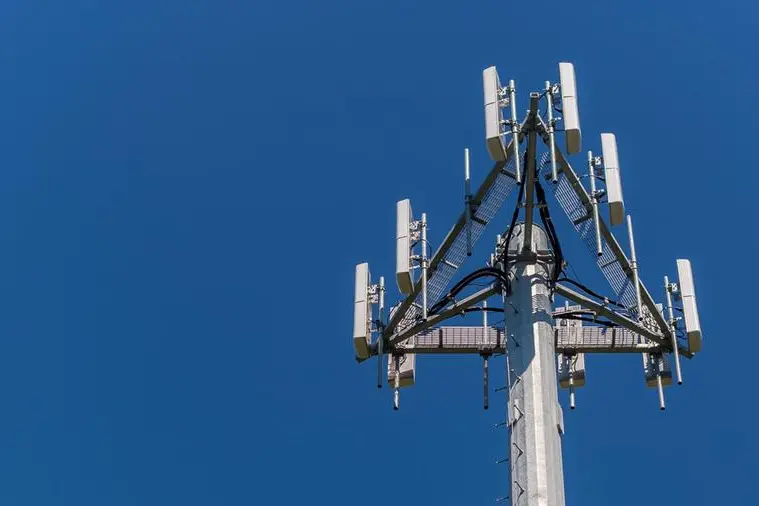PHOTO
The Independent Communications Authority of South Africa (Icasa) is proposing several changes to the regulatory framework for satellite communications, which could benefit new entrants like Starlink and smooth Vodacom’s path to developing similar technology. The Draft Regulations on the Use of Satellite Networks by South African Licensees, aims to address the challenges and opportunities posed by the rapid development of satellite technologies, especially low-earth orbit (LEO) constellations.
Starlink signed a deal with Africa Mobile Networks in September 2023 to accelerate its Africa rollout.
Icasa is inviting comment from stakeholders on various aspects of satellite regulation, such as licensing, spectrum fees, rollout obligations, space segment authorisation, earth station authorisation, and interference management.
The proposed regulations simplify the authorisation process for foreign satellite operators, focusing on establishing direct contact between the regulator and the operator without creating additional burdens.
The regulator is proposing the creation of an "Authorised List of Space Stations" where registration will be a simple administrative process.
This streamlined process could expedite Starlink's ability to provide services in South Africa.
Starlink is available in several African countries (Benin, Eswatini, Ghana, Kenya, Malawi, Mozambique, Nigeria, Rwanda, Zambia, and Zimbabwe) and plans to expand to more by the end of 2024.
Starlink Launches in Africa
Technology neutral
Icasa is looking to adopt a technology-neutral approach to licensing, where satellite services will be classified according to the type of service they provide, rather than the type of technology they use.
This means that satellite operators will not need a separate satellite license but will only need to comply with the relevant service license conditions.
This could reduce the administrative burden and complexity for network providers as it would not need to obtain multiple licenses for different types of services.
Spectrum hurdle
There’s also a need to revise the spectrum fee regime for satellite services, taking into account the characteristics and benefits of different satellite technologies.
The current fee structure, when applied to gateway stations of high-throughput satellites systems, "results in high spectrum prices that have already deterred investments in the country by some satellite operators."
Icasa suggests that LEO satellite operators could pay lower spectrum fees than geostationary orbit (GEO) satellite operators, as they use less spectrum and have lower interference potential.
This could lower the operational costs and increase the competitiveness of satellite services in the South African market.
Open sky
All signs in the Government Gazette point to an appetite to adopt an Open Skies policy for satellite communications, which means that any satellite operator that meets the technical and legal requirements of Icasa can provide services in South Africa, regardless of whether they have a local presence or not.
Icasa acknowledges that satellite coverage can immediately reach areas that are not cost-effective for terrestrial networks.
It seeks proposals on how satellite operators can ensure broadband connectivity in underserved areas, potentially through collaboration with government programmes.
The deadline for comment is 12 November 2024.
All rights reserved. © 2022. Bizcommunity.com Provided by SyndiGate Media Inc. (Syndigate.info).




















